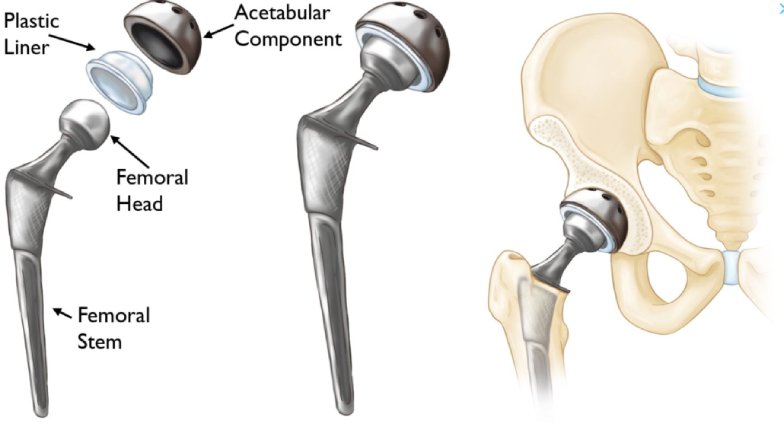Revision Joint Replacement
For those experiencing pain or stiffness in a joint which has previously been operated on, ATX Orthopedics, located in Central Austin, Texas can help. Here, Dr. Sean Gallagher specializes in revision joint replacement which can be used to help Austin, TX patients with obtaining a new replacement joint.
Revision Joint Replacement Q&A
What is revision joint replacement?
In the vast majority of cases, joint replacement is very successful. However, a replacement can become compromised for several reasons. When this occurs, the joint often becomes painful and inflamed. It can also feel stiff, unstable, or make everyday activities troublesome. If a replacement does fail, the doctor can recommend a revision joint replacement. In this procedure, the surgeon removes some or all of the original replacement joint and supplants a new one. Revision surgery is usually longer and more complex and will require thorough planning, specialized implants, and unique tools.
What is done during revision surgery?
There are different methods used during revision surgery. For some people, only one component of the prosthetic will need to be extracted. Other times, all the components will need to removed or replaced and the bone around the joint will have to be rebuilt. Damage to the bone will frequently require the doctor to use specialized implants with longer, thicker stems which will fit deeper inside the bone. These implants will provide more support and strength. The original implant will be removed very carefully, preserving as much bone as possible, and any cement used in the previous surgery is removed as well. Ridding the joint of the cement is a long, complex procedure. This is why revision surgery often takes longer and is more demanding. Then the bone itself is prepared for the new artificial joint. Occasionally, there is a great deal bone loss. If this is the case, metal augments and platform blocks can be used to supplement the bone.
What are the long-term outcomes?
Most patients who have undergone revision surgery experience very good long-term outcomes. Pain relief and increased stability and function have been reported. Some patients may still experience some pain or knee stiffness after the revision surgery, however this is less common.

